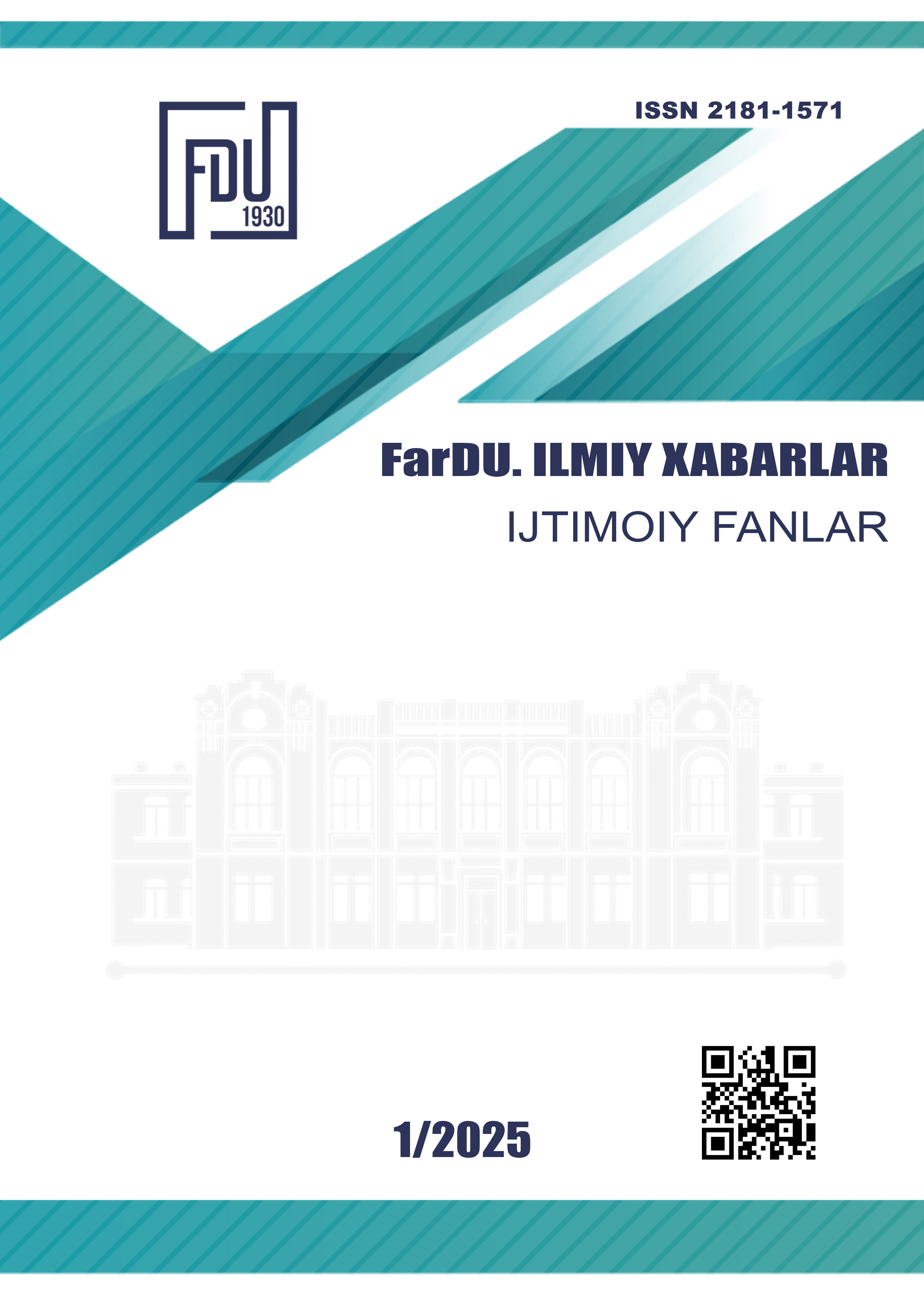GENGHIS KHAN’S UNIQUE DIPLOMACY IN CONQUERING THE TANGUT STATE
Keywords:
Genghis Khan, Tangut (Xia), diplomacy, military strategy, thirteenth century, Mongols, political maneuvering, trade routes, stability, Central Asia, China.Abstract
This article examines Genghis Khan’s unique diplomacy in subjugating the Tangut (Xia) state. In the early thirteenth century, the Tangut occupied a vital strategic position between Central Asia and China, controlling multiple important trade routes. Although Genghis Khan initially conducted large-scale military campaigns against the Tangut, he did not rely solely on force. By engaging in negotiations with local elites, military commanders, and officials, as well as employing strategic marriages, envoy exchanges, and economic incentives, the Mongols successfully incorporated Tangut territories with minimal resistance. This nuanced approach both reduced internal discord among the Tangut and provided lasting stability for the Mongol Empire’s territorial expansion. The article explores the interrelations between Genghis Khan’s diplomatic strategies, political maneuvering, and military operations. As a result of the Tangut conquest, the Mongols solidified their regional influence, leading to significant changes in trans-Eurasian trade routes and altering the broader political balance across Asia.
References
Martin H.D. The Rise of Chingis Khan and His Conquest of North China. – Nyu-York: Octagon Books, 1977
Sverdrup C.F. The Mongol Conquests: The Military Operations of Genghis Khan and Sübe'etei, Helion & Company Limited, 2017
Weatherford J. Genghis Khan and the Making of the Modern World, 2004
Onon U. The Secret History of the Mongols: The Life and Times of Chinggis Khan, 2021
Man J. The Mongol Empire: Genghis Khan, His Heirs, and the Founding of Modern China, 2014-yil
Lane G. Genghis Khan and Mongol Rule. Indianapolis: Hackett Publishing, 2006
Downloads
Published
Issue
Section
License
Copyright (c) 2025 Scientific journal of the Fergana State University

This work is licensed under a Creative Commons Attribution-NonCommercial-NoDerivatives 4.0 International License.

